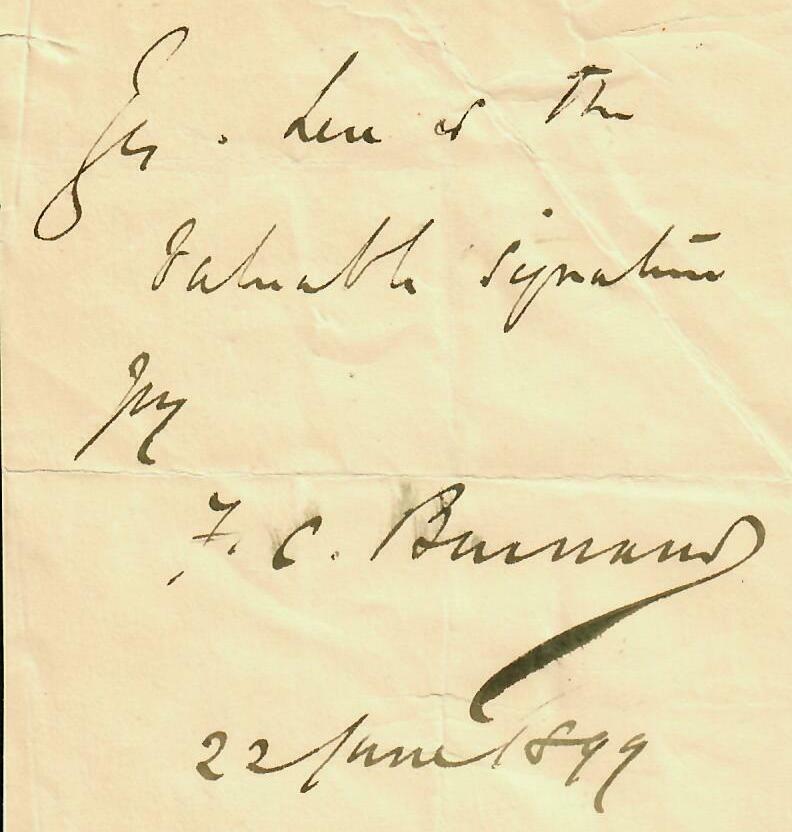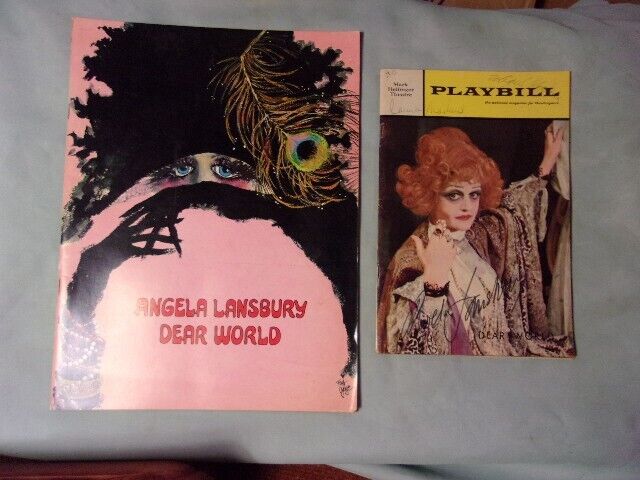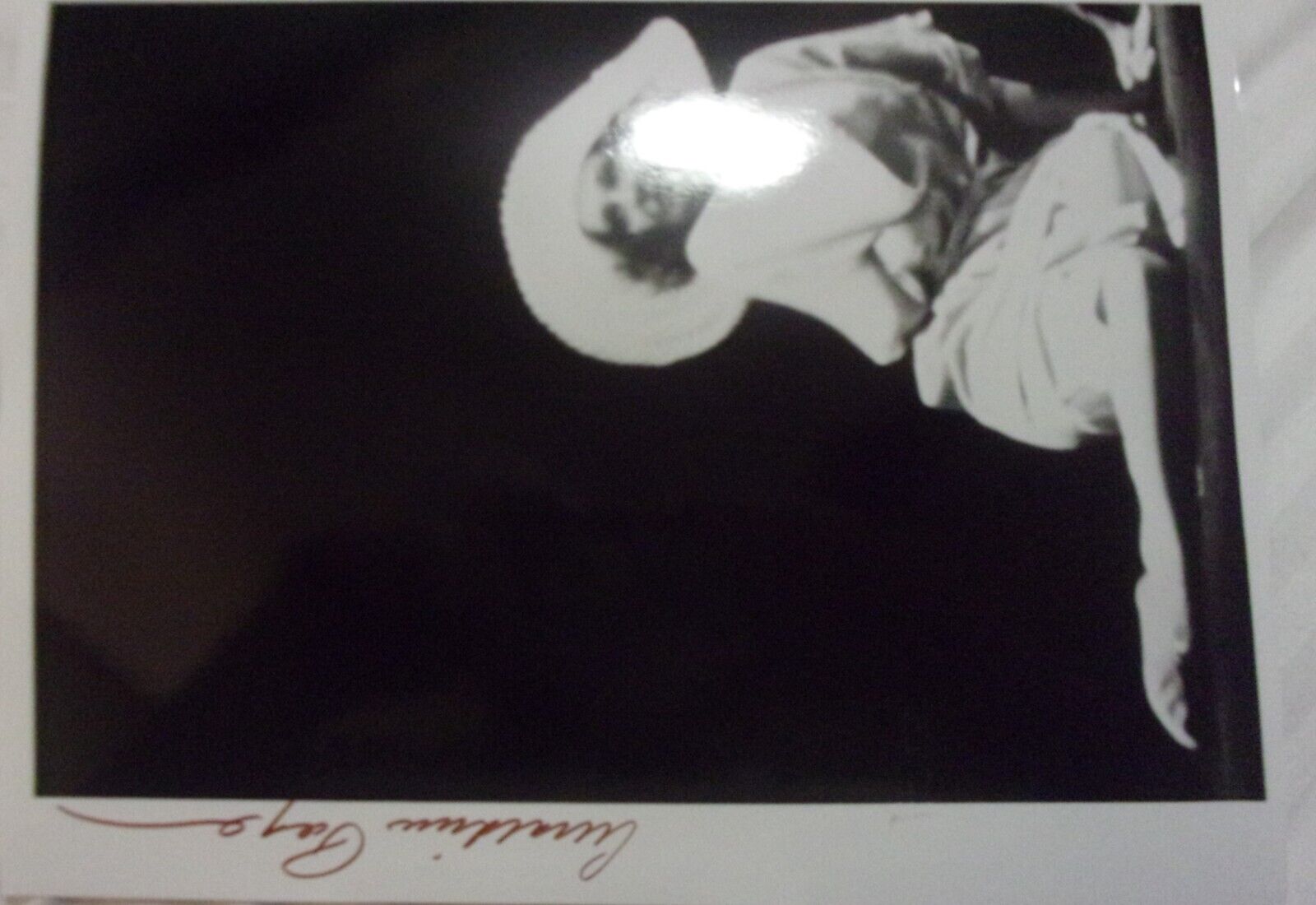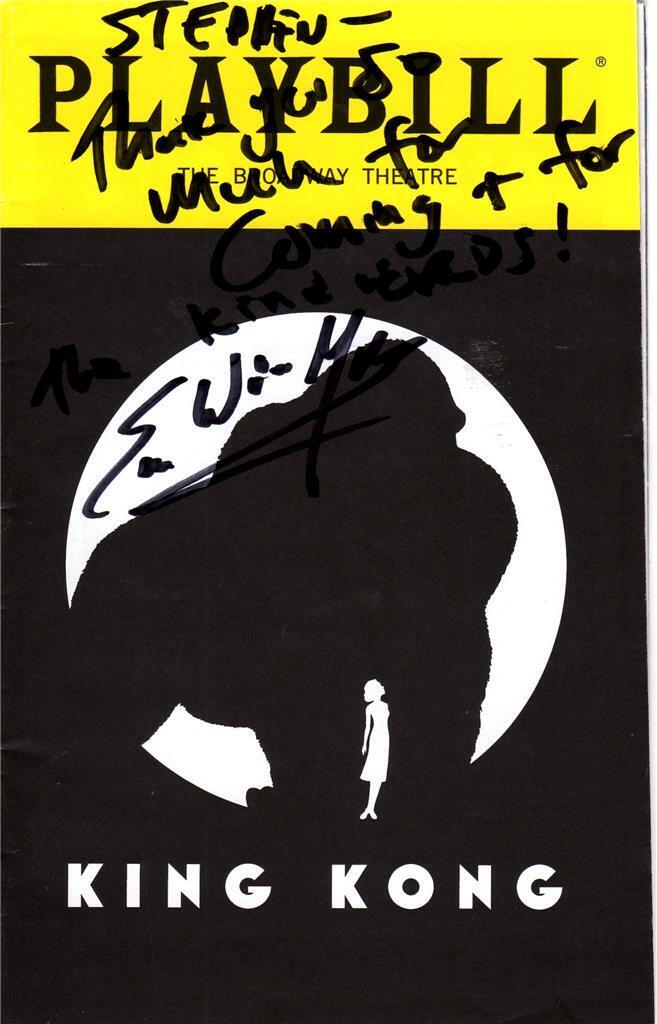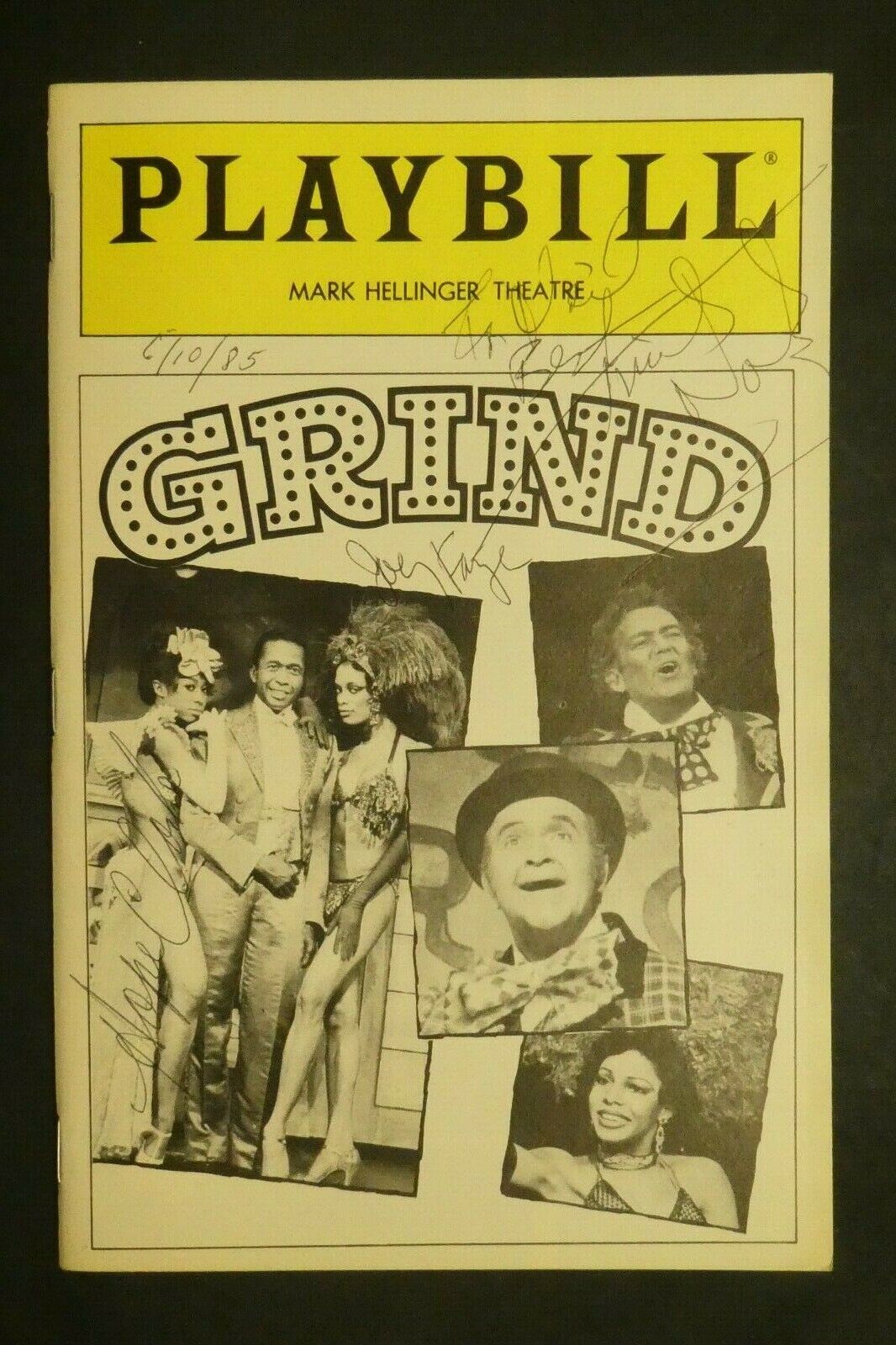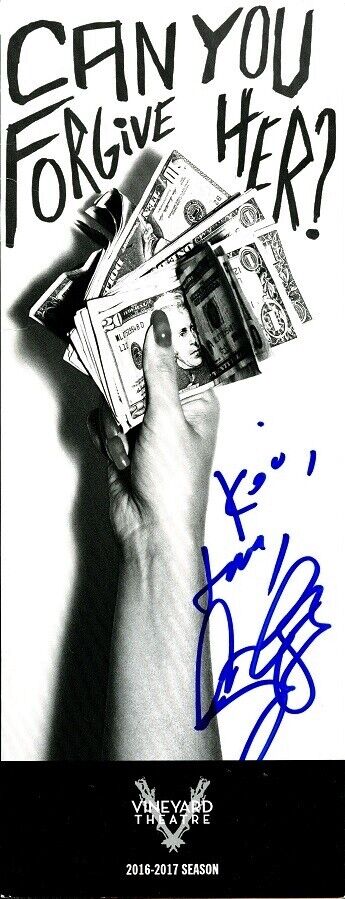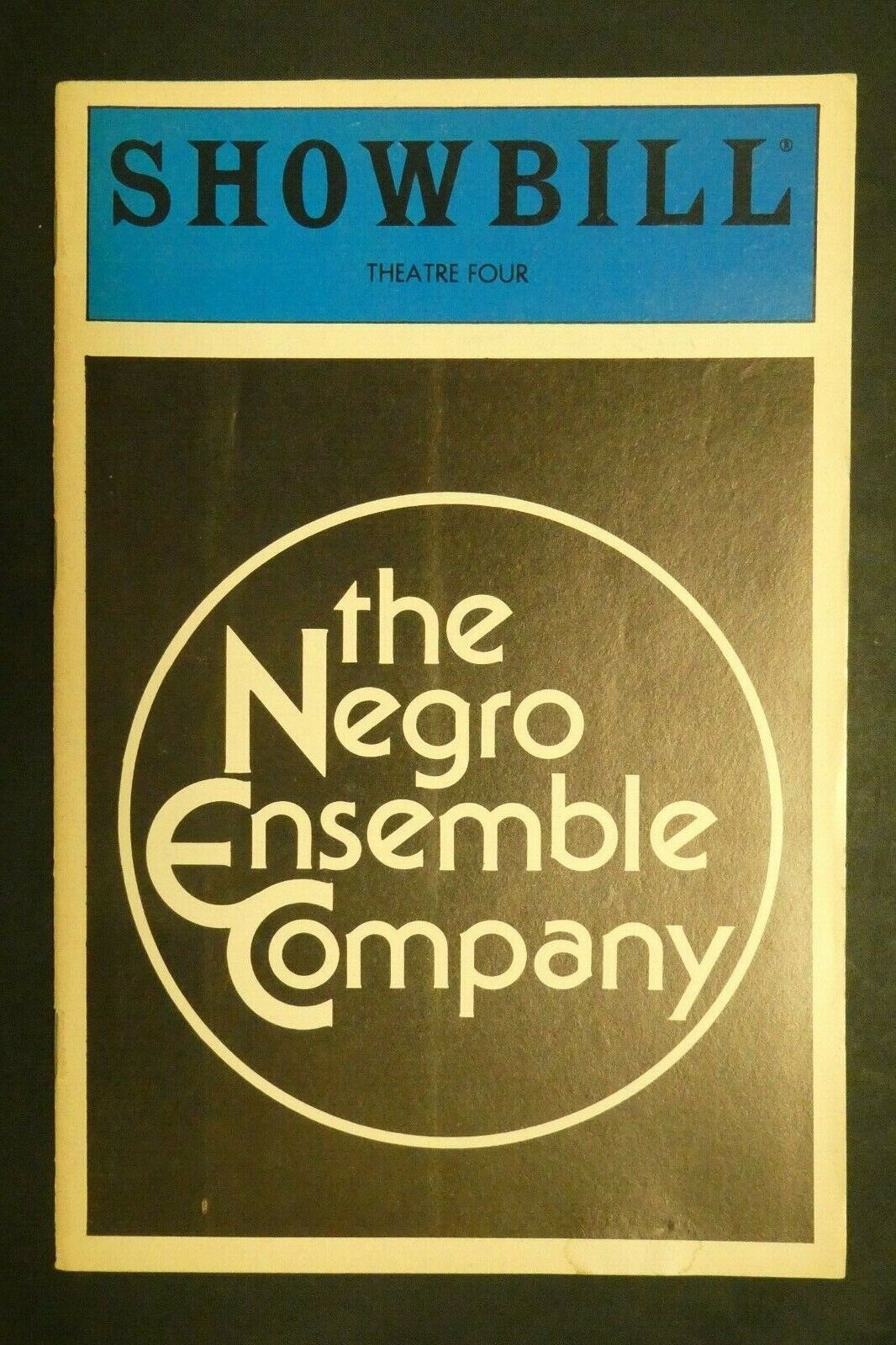-40%
RARE! "Cox and Box" FC Burnand Hand Written Note Dated 1899 Todd Mueller COA
$ 369.59
- Description
- Size Guide
Description
Up for auction a VERYRARE! "Cox and Box" FC Burnand Hand Written Note Dated 1899.
This item is certified authentic by Todd Mueller Autographs and comes with their Certificate of Authenticity.
ES-3746
Sir Francis Cowley Burnand
(29 November 1836 – 21 April 1917), usually known as
F. C. Burnand
, was an English comic writer and prolific playwright, best known today as the librettist of
Arthur Sullivan
's opera
Cox and Box
. The son of a prosperous family, he was educated at
Eton
and
Cambridge
and was expected to follow a conventional career in the law or in the church, but he concluded that his vocation was the theatre. From his schooldays he had written comic plays, and from 1860 until the end of the 19th century, he produced a series of more than 200
Victorian burlesques
,
farces
,
pantomimes
and other stage works. His early successes included the burlesques
Ixion
,
or the Man at the Wheel
(1863) and
The Latest Edition of Black-Eyed Susan
;
or
,
the Little Bill that Was Taken Up
(1866). Also in 1866, he adapted the popular farce
Box and Cox
as a comic opera,
Cox and Box
, with music by Sullivan. The piece became a popular favourite and was later frequently used by the
D'Oyly Carte Opera Company
as a curtain raiser; it remains regularly performed today. By the 1870s, Burnand was generating a prodigious output of plays as well as comic pieces and illustrations for the humour magazine
Punch
. Among his 55-stage works during the decade was another frequently revived hit,
Betsy
(1879). For
Punch
, among other things, he wrote the popular column "Happy Thoughts", in which the narrator recorded the difficulties and distractions of everyday life. Also admired were his burlesques of other writers' works. Burnand was a contributor to
Punch
for 45 years and its editor from 1880 until 1906 and is credited with adding much to the popularity and prosperity of the magazine. His editorship of the original publication of
The Diary of a Nobody
by the brothers
George
and
Weedon Grossmith
was a high point of his tenure in 1888–89. Many of his articles were collected and published in book form. His stage successes in the 1890s included his English-language versions of two
Edmond Audran
operettas, titled
La Cigale
and
Miss Decima
(both in 1891). His last works included collaborations on pantomimes of
Cinderella
(1905) and
Aladdin
(1909). Known generally for his genial wit and good humor, Burnand was nevertheless intensely envious of his contemporary
W. S. Gilbert
but was unable to emulate his rival's success as a comic opera librettist. In other forms of theatre Burnand was outstandingly successful, with his works receiving London runs of up to 550 performances and extensive tours in the British provinces and the US. He published several humorous books and memoirs and was knighted in 1902 for his work on
Punch
. Burnand was born in central London, the only child of Francis Burnand and his first wife Emma,
née
Cowley, who died when her son was eight days old. Burnand senior, a stockbroker, was descended from an old
Savoyard
family, prominent in the silk trade; his wife was a descendant of the poet and dramatist
Hannah Cowley
.
Burnand was educated at
Eton
, where, aged fifteen, he wrote a
farce
,
Guy Fawkes Day
, played at
Cookesley
's house, and subsequently at the Theatre Royal,
Worthing
. While at Eton, he submitted some illustrations to the comic weekly magazine,
Punch
, one or two of which were published. In 1854 he went to
Trinity College, Cambridge
, where as an undergraduate he sought the approval of the
Vice-Chancellor
,
Edwin Guest
, of the establishment of a
Cambridge University Amateur Dramatic Club
, with a performance of
Box and Cox
. Guest and his colleagues refused their consent, but Burnand went ahead without it. The members of the club performed a triple bill under stage names to avoid retribution from the university. The club prospered (and continues to the present day); Burnand acted and wrote plays under the name Tom Pierce.
Burnand graduated in 1858. His family had expected that he would study for the
bar
, but the Burnands held the right to appoint the
incumbent
of a
Church of England
parish that became vacant, and it was agreed that he should train for the priesthood. He enrolled at
Cuddesdon
theological college, where his studies of divinity led him to leave the Anglican church and become a
Roman Catholic
. This caused a breach between Burnand and his father, but the estrangement did not last long. To the disappointment of
Cardinal Manning
, leader of the English Catholics, Burnand announced that his vocation was not for the church but for the theatre. Father and son were reconciled, and Burnand returned to his original plan of reading for the bar at
Lincoln's Inn
.
